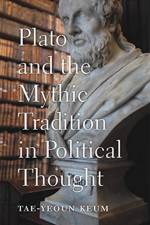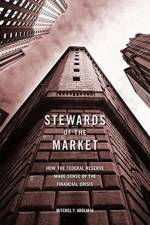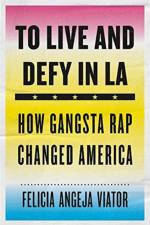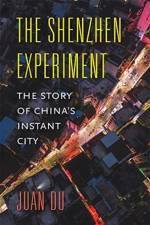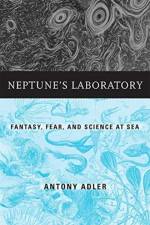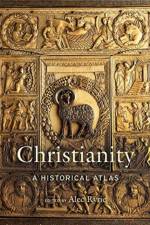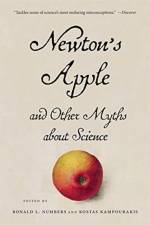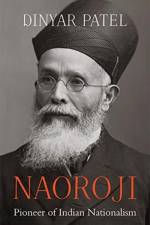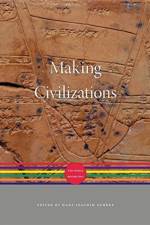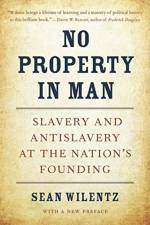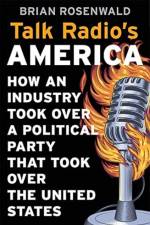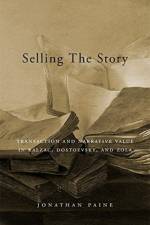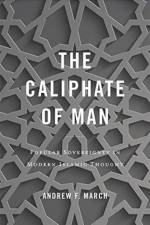- Proceedings of a Conference Held at the American Academy of Arts and Sciences, March 1953
657
This collaborative volume explores the challenge of totalitarianism, and more especially the issue of freedom and totalitarianism, in the world today. It is the outgrowth of a conference on totalitarianism held by the American Academy of Arts and Sciences last year. The participants, who represent many fields and interests, successively consider ideological and psychological aspects of the problem, and then totalitarianism in its relation to intellectual life and to social and economic organization. In conclusion they look at totalitarianism and the future. The contributors to the volume are: George F. Kennan, Jerzy G. Gliksman, N. E. Timasheff, Carl J. Friedrich, Alex Inkeles, Franklin H. Littell, Waldemar Gurian, Raymond Bauer, Erik H. Erikson, Else Frenkel-Brunswik, Marie Jahoda, Stuart W. Cook, H. J. Muller, Georgede Santillana, Bertram D. Wolfe, Albert Lauterbach, J. P. Nettl, Karl W. Deutsch, Paul Kecskemeti, Harold D. Lasswell, Andrew Gyorgy.


